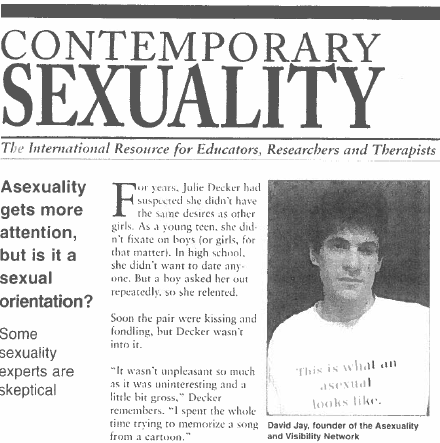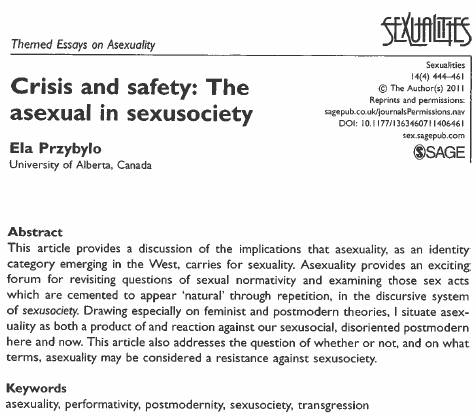wsdb 290
library research workshop
for Isabelle Lamoureux, Winter 2023
your next assignment
- select and research a feminist of the first or second wave
- use scholarly sources, academic encyclopedias
- carefully evaluate the other sources you find online
-
acknowledge ALL your sources
- follow scholarly CITATION STYLES (ie APA)
OUR Agenda....
but first:
need assistance with library stuff, on or off our agenda?





ask questions - GET HELP
Need assistance beyond a quick chat,
and have a bit of time to plan?
your subject librarian:
ZOOM office hours most Tuesdays 3-5, or by appointment
Text
ZOOM office hours: most Tuesdays 3-5,
OR by appointment
AskUs Desk LB building: most Wednesdays 1-3
SdbI Libary & Learning Centre:
Mon-Thur 10-6

susie.breier@concordia.ca
WHERE/HOW CAN
YOU FIND ME?
ON MY SUBJECT GUIDE UNDER HELP & how-tO!




under women's studies see:

OUR Agenda
accessing resources at concordia & beyond

Search for library books, ebooks, articles and films


what if the library doesn't have it ONLINE?
request a book and pick it up later....


or use the call number and locate button to find it





what if the library DOESN'T have it at all?

search for it in any library worldwide:

... and simply request it!
but you CAN'T borrow ebooks from other libraries!!


REMINDER:


Search for specific library books, ebooks, articles and films
but go beyond sofia
to search for topics...
to find information
about your feminist
where wouldyou search?
tELL your CLASSMATES
DO YOU REALLY NEED AN ENCYCLOPEDIA???
is there an elephant in the room?


ChatGPT and AI


ChatGPT "references"
WHY DOES ANY OF THIS MATTER AND WHAT DOES IT HAVE TO DO WITH FINDING INFO ON YOUR FEMNIST??

where you search affects
what you find and how you find it
finding
ACADEMIC ENCYCLOPEDIA ARTICLES
AND OTHER ACADEMIC SOURCES
some recommended encyclopedias
encyclopedia databases
TIP: limit your results to "Reference Works" under Publication Type
find more encyclopedias
... then back to Sofia....
still didn't find your feminist?
reminders:
- Use the sources and literature you already know...
- and explore those to the fullest!
- Use Google (or your favourite tools, new or old) to get smarter about your topic
- THEN do your own deep dive into academic encyclopedias and other academic stuff
ie academic journal articles
evaluate your sources
OR: see SCHOLARLY/PEER REVIEWED SOURCES.....
scholarly / Peer-reviewed / academic
In some Library Databases you can use a checkbox:


VIDEO: peer-review in 3 minutes

or continue on to test yourself....
TEST YOURSELF:
is it academic / scholarly /
peer-reviewed?
which one(s) is/are scholarly?
This is a resource aimed at practitioners and researchers, but it is not written by an academic describing a research study or a theoretical framework. Though it casually refers to other studies, it does not seriously engage with other academic research and has NO BIBLIOGRAPHY!
This IS an academic/scholarly/
peer-reviewed article. Important clues: academic language, author draws on scholarly theories and outlines their own. Long BIBLIOGRAPHY of references. You can look up the journal Sexualities and find out that is peer-reviewed.
or continue on to search
strategies & keywords....
How to properly enter your KEYWORDS in Library Databases
search strategies
example of a keyword
combination in socindex
example of a search in "standard"
EBSCO Article Databases

search tips & tricks for
library article databases
boolean operators, truncation, phrase searching:
search strategies cheat sheet :
(YouTube, 7 mins)
Developing your search strategy: VIDEO
or continue on to bibliographies & zotero....
formatting referencES:
citation guides &
why is citing important?
This is a challenge for all of us: Reflect on the way you approach referencing the work of others in your writing, presenting and thinking. Whose work do you build on to make arguments ... Who are you citing, and why do you cite them (and not others)?
Eve Tuck, K. Wayne Yang, Rubén Gaztambide-Fernández,"Citation Practices" Critical Ethnic Studies, April 2015[on being an activist:] Try to think in terms of effectiveness; be bulletproof. I mean, anything that you say, you should be able to back it up with references.
Buffy Sainte Marie interview with Rosanna Deerchild, Unreserved podcast, 2022what's the simplest way to properly cite?
it depends.
Start by picking a citation style
and consulting a:




use a citation style guides:
APA STYLE: typical examples
in-text citations
Hakkinen and Akrami (2014) found that “individuals are receptive to climate change communications, regardless of ideological position” (p. 65).
Research shows that people from any ideological background are open to hearing about climate change (Hakkinen & Akrami, 2014).
APA STLe: typical exampleS
Bibliography

What about automatic citation tools?
take your pick:
a) citation generators*
b) citation management tools*
a) citation generators
Many library databases (for example: Sofia Discovery tool, EBSCO and ProQuest databases) as well as Google Scholar will provide you with formatted citations in the style of your choice that you can copy and paste into your bibliography, reference list or works cited list.
Make sure to double check your generated citations - they are not always correct! Use those citation style guides to make sure all the required elements of the citation are present and correctly formatted.

*
b) citation management tools
Sometimes also called bibliographic management tools, these allow you to:
-
Download citations you find in library catalogues, databases, Google Scholar, and on the web.
-
Store and organize citations, and prepare a bibliography or reference list automatically.
-
Automatically format and insert in-text citations and a bibliography into papers you are writing with Microsoft Word, for example.
There are several citation management tools available.
Concordia Library provides support for ZOTERO...........
Make sure to double check your generated citations - they are not always correct! Use those citation style guides to make sure all the required elements of the citation are present and correctly formatted.

*
or continue on to
primary source
=
a source that provides first-hand testimony or direct evidence concerning a topic
=
the object(s) of your study
=
can be almost anything, depending on the CONTEXT!

what is a primary source?

historical
can be PRIMARY sources?
typical primary sources
- newspaper articles
- diaries
- blogs, tweets & other social media posts
- films / videos
- court transcripts
- laws, bills, government publications
- NGO reports
locating primary sources will depend on what kind you are seeking, but see other library subject guides, such as:
WSDB 290 (Winter 2023)
By susie breier
WSDB 290 (Winter 2023)
Library Workshop slides for WSDB 290 Introduction to Historical Perspectives in Women’s Studies, Fall 2023 Isabelle Lamoureux
- 1,002





















